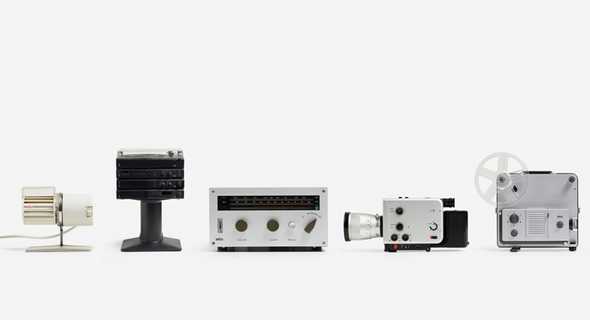The Purpose Behind Sharing - Why it Makes Sense in Today's Modern Culture
April 05, 2019
Today we’re inundated with advertisements about the next version of products we already own. We’re becoming all too familiar with the downsides of a society that runs on consumerism. It feels as if we don’t buy the next thing we will be left behind with feelings of FOMO. Owning less doesn’t have to mean doing less or giving up your life values.
Recently there’s been a rise in recognition in some of the pitfalls of living a consumerist life. TV shows like
KonMori have become widly successful for helping people declutter their homes of items they don’t make good use of. Millenials are purchasing less goods and care more about their environmental footprint. The minimalist movement has been used as a mechanism for cleansing oneself of excess. However, getting rid of things can leave us feeling barren and like we have to sacrifice our goals or lifestyle.However, it’s a common misconception that the minimalist movement preaches that owning things in itself is bad. In fact, minimalism can be used as a tool to help you recognize what matters most to you and prioritize your life. This can be thought of as minimalism as a means to an end and not an end in itself.
If it’s not about simply owning less, where does the root of our problem come from?
1. Product Design?
Part of our problem with waste comes from product design - but maybe only a small part. Products are being manufactured to last for shorter periods of time which causes us to re-purchase or upgrade more frequently. When they do break they’re designed in such a way that makes it difficult to fix. Products weren’t always designed this way. In the 50s’ designers like
Dieter Rams put a strong emphasis on designing things with functional purpose. These designers combined aesthetic taste with durable design.But at the end of the day, today’s technology is pretty amazing and it often enables us to do things we could have
never accomplished before. The blame shouldn’t be placed on the items themselves or the people who created them.2. Advertisers?
Certainly some of the blame can be placed on advertisers (even if they are easy scapegoats). The advertising industry has taught us to desire excess and novelty rather than practicality. It has intentionally created feedback loops on the addiction of conspicuous consumption.
3. Me and you?
In the end, it’s really a culture problem and the change starts with us. If we’re being honest with ourselves, traditional consumption can leave us feeling selfish and disconnected from authentic human connection. We’re left less connected with our neighbors and separated from our local communities. We should start thinking more about what’s in it for us rather than just what’s in it for me. As Dieter Rams put it succinctly:
“There’s no future with so many redundant things. Less but better is not just a design concept—it’s also about our behavior.”
The tide is turning. In the last 15 years, sharing economies have emerged for expensive items such as cars and homes. These internet marketplaces have unlocked millions of dollars of revenue that were previously inaccessible to the economy. As Thomas Friedman noted in the World is Flat, The Internet has created the ability to “level the playing field”. What’s preventing us from continuing down this path and sharing more with each other?
In the end, it hasn’t always made sense to share many things. Transactional costs on low value items can make purchasing the item more practical for buyers. That’s where we come in. Mellow is reducing the friction of transactions by eliminating inefficiencies in the sharing process. We’re in the business of matching supply and demand of goods and services.
We’re on a mission to unlock the wasted potential of goods, come join us!
Written by Mellow a startup which allows you to borrow from Neighbors. You should check it out






